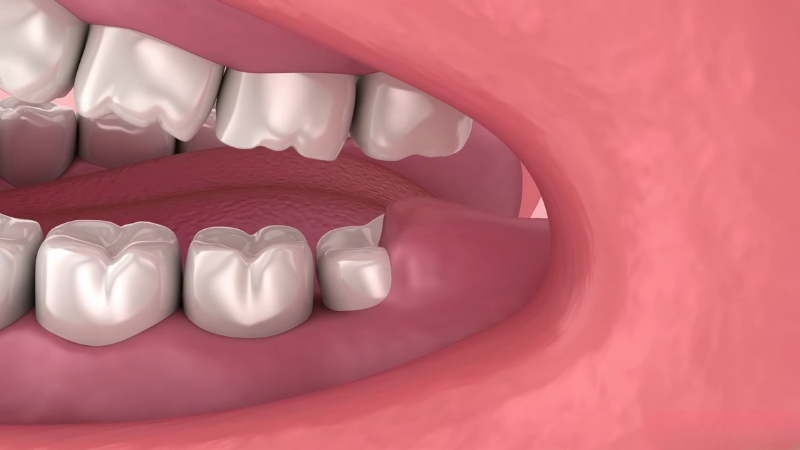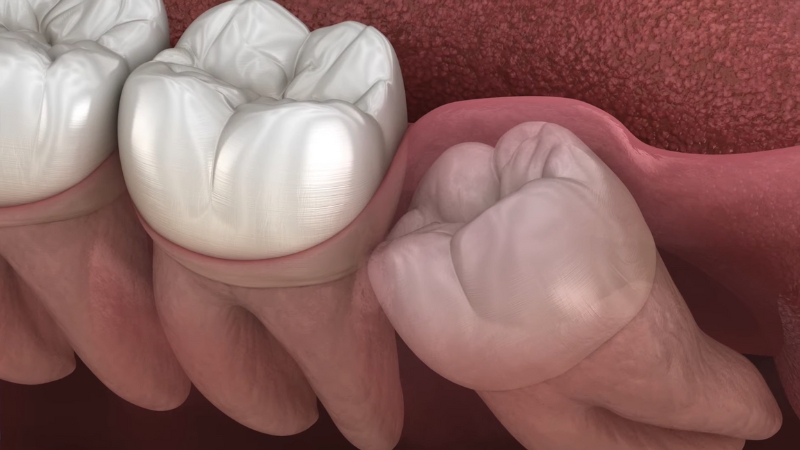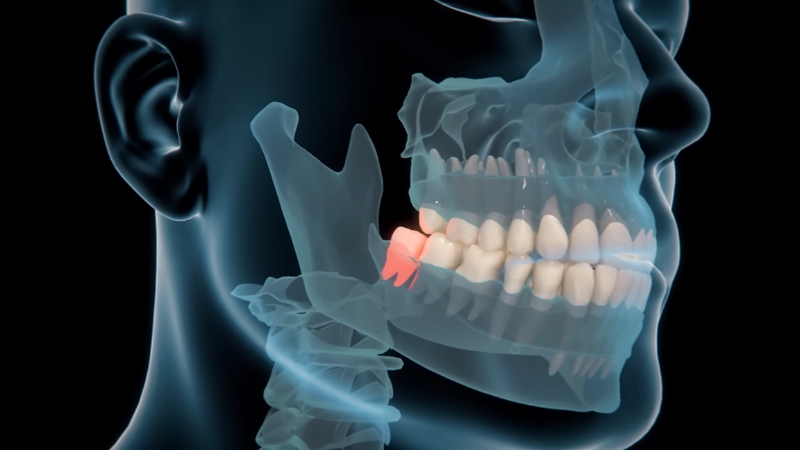Most adults expect to have four wisdom teeth, yet many never develop all of them. Some grow only a few, some none, and a rare group even forms extra molars.
Genetics plays the biggest role in that variation, which explains why certain populations tend to have more or fewer wisdom teeth.
Since they usually erupt between ages seventeen and twenty-five, regular dental checkups help reveal how many you actually have and whether any need attention.
The Basics of Wisdom Teeth Development

Wisdom teeth, also known as third molars, play a unique role in your dental anatomy. These molars typically emerge between the ages of 17 and 25, marking the final stage of your permanent tooth development.
What Are Wisdom Teeth and When Do They Appear?
Your wisdom teeth are the last set of molars that replace your baby teeth. They usually start forming inside your jawbones around age 9 and begin to emerge in your late teens or early twenties.
By your early 20s, each wisdom tooth has either erupted or become impacted.
The Standard Number of Wisdom Teeth in Adults
View this post on Instagram
Most adults have four wisdom teeth, one in each corner of the mouth. However, some individuals may have fewer or even none at all. In rare cases, people can develop more than four.
According to the American Association of Oral and Maxillofacial Surgeons, about 90% of people have at least one impacted wisdom tooth.
The Evolution Behind Wisdom Teeth
Early human ancestors had larger jaws equipped with more teeth to help chew a tougher diet. Over time, as human diets softened and jaw sizes decreased, the need for additional molars diminished.
This evolutionary change explains why wisdom teeth often become problematic in modern humans.
Age
Development Stage
Key Points
9 years
Formation Begins
Wisdom teeth start to form inside the jawbones.
Late Teens
Root Development
Wisdom teeth roots develop and may begin to erupt.
Early 20s
Full Eruption or Impaction
Each wisdom tooth has either emerged or become impacted.
40 years
Root Anchoring
Wisdom teeth roots are solidly anchored in the bone.
How Many Wisdom Teeth Do People Have? Exploring Common Variations
Not everyone has the same number of wisdom teeth. While most adults have four wisdom teeth, some people might have fewer or even more.
The reasons for different wisdom teeth counts vary. Genetics play a major role, accounting for up to 80% of the variation.
Certain genes like AXIN2, MSX1, and PAX9 influence whether you develop all four wisdom teeth or experience third molar agenesis – the absence of one or more wisdom teeth.
Geographical and ethnic backgrounds also affect wisdom teeth numbers. For example, 38.4% of the Bangladeshi population lacks some wisdom teeth, compared to 41% of Koreans and 100% of indigenous Mexicans.
In North America, 10-25% of Americans with European ancestry and 40% of Asian Americans may miss at least one wisdom tooth.
Environmental factors contribute too. Exposure to certain medications or anesthesia in early childhood can influence wisdom teeth eruption stages.
Studies show that children receiving local anesthesia between ages two and six are less likely to develop wisdom teeth later on.
Here’s a summary of wisdom teeth variations across different populations:
Population
Percentage Missing Wisdom Teeth
Worldwide
22.63%
Bangladeshi
38.4%
Indian
11.5%
Korean
41%
European Ancestry Americans
10-25%
African Americans
11%
Asian Americans
40%
Indigenous Mexicans
100%
Making Sense of Your Wisdom Teeth Journey

Navigating your wisdom teeth journey involves understanding your unique dental health needs. Not everyone requires wisdom teeth removal.
Dentists evaluate your situation through comprehensive exams and X-rays to determine if extraction is necessary.
Each year, over three million people undergo wisdom teeth removal. While most adults have up to four wisdom teeth, 10-25% may develop impacted third molars.
Impacted wisdom teeth can lead to infection, pain, and other dental health issues like tooth decay and gum disease if not addressed.
If removal is recommended, the procedure typically involves a recovery period of three to four days, though severe cases might take up to a week.
Modern dental practices ensure that wisdom teeth extraction is as comfortable as possible.
Maintaining good oral hygiene and scheduling regular dental check-ups play a crucial role in managing dental health and wisdom teeth.
By staying proactive, you can prevent potential complications and ensure a healthy, pain-free smile.

